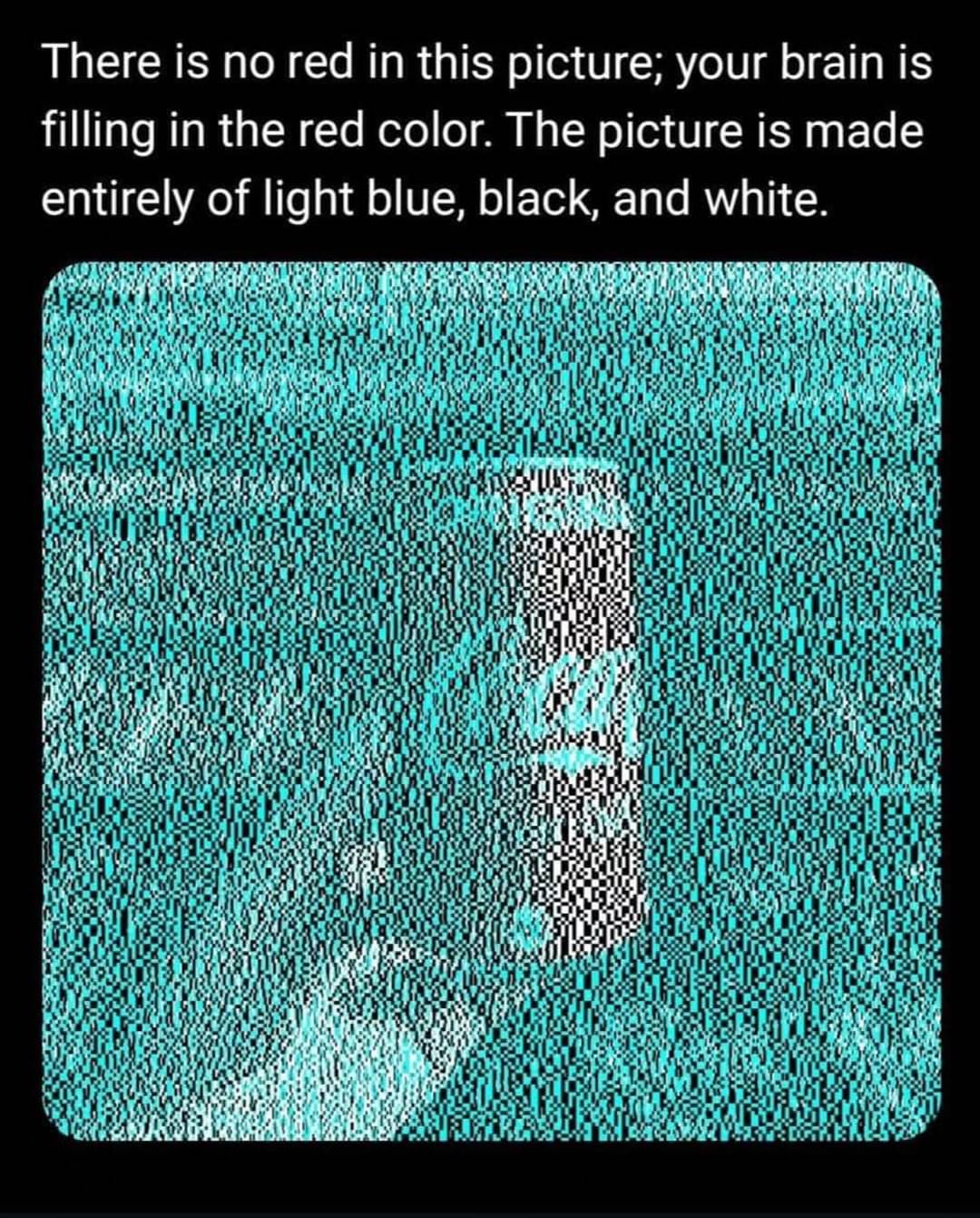this post was submitted on 03 Jul 2024
58 points (89.2% liked)
Color
65 readers
2 users here now
Color theory, palettes, fun uses of color, psychology, etc.
Civility is aggressively enforced: do not be rude, troll-y, flame-bait-y, etc. If someone else is, please report, block as necessary, and move on.
Comments that cannot reasonably lead to discussion or which have no analysis ("first!", "lol", [string of emojis]) will be deleted. Please do not post them.
founded 4 years ago
MODERATORS
you are viewing a single comment's thread
view the rest of the comments
view the rest of the comments

Finally a good idea for a captcha ai could not guess ... 😉👍🏻
well, it's rather the opposite - AI is vulnerable to these kinds of tricks, you can inject some patterns into images to make the AI perceive the image in a completely different way, humans are in fact much less susceptible to this, at least for now
So how does ai exactly knows which color is the picture... I always thought that by analysing the binary it is possible to recognize previous learned sequences for predetermined colors and as such answer the question... In this example there's no sequence for red for example...
AI basically recognizes patterns and returns a likely output based on the patterns it found. It doesn't check "this is a red pixel, so this is red", it checks "this pattern is usually red, so this is red".
And what about shapes that doesn't have a default colour? For example an apple ? Red green yellow ? Or a bold number
It will come up with an answer at random or have bias based on the training data or one based on random chance.